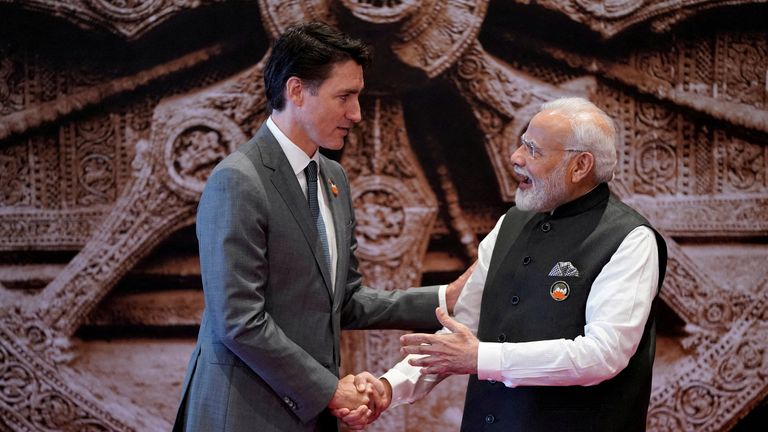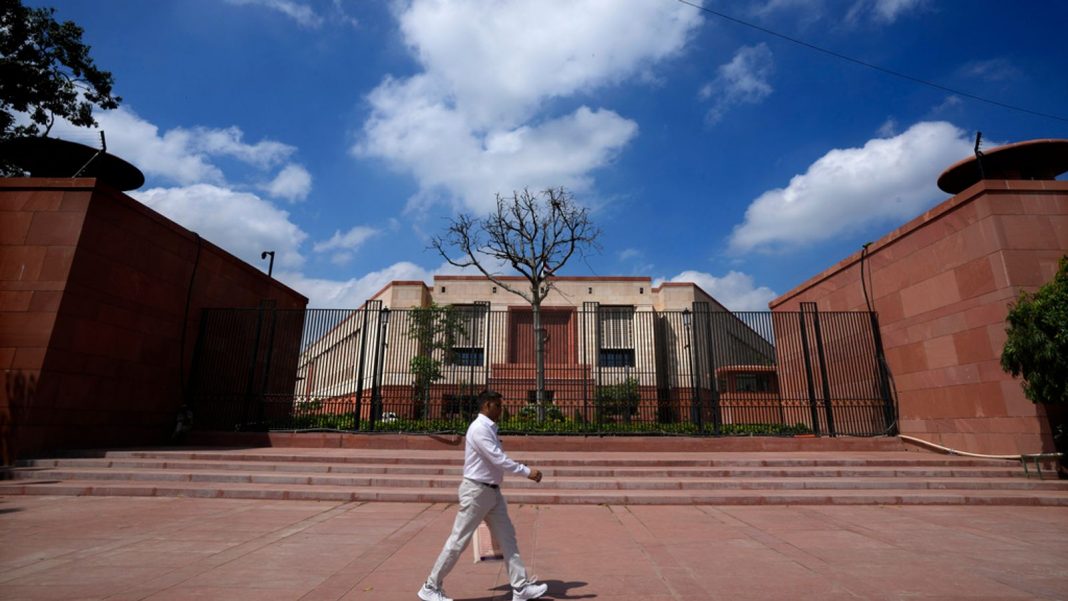In a watershed moment for Indian democracy, parliament has approved the Women’s Reservation Bill, marking one of the most significant changes in the country’s electoral politics.
This groundbreaking legislation mandates that one-third of all seats in India’s federal parliament and state legislative assemblies be reserved for women.
However, the implementation of the bill, which is a major step toward gender equality in Indian politics, could take some time – there’s a chance it could be in place for the 2029 general elections.
India, with a population evenly divided between genders, currently witnesses a meagre 15% female representation in its parliament, a stark contrast to the global average of 26.2% and the UK’s 34.6%. In some state assemblies, women’s representation plunges even lower.
Prime Minister Narendra Modi’s government has been criticised by the opposition for having initiated this with the upcoming general elections early next year in mind – even though he has been in power for over nine years and the issue has been in his party’s manifesto since 2014.
Prime Minister Narendra Modi
Calling himself “the chosen one for empowering and strengthening women”, Mr Modi said: “It’s a defining moment in our nation’s democratic journey, a tribute to the countless women who have made our nation. A historic step.”
However, the practical implementation of this monumental legislation faces a prolonged timeline due to the census and delimitation processes. This involves choosing which parliamentary constituencies would be chosen as a reserved women-only constituency. There is talk that these seats will keep changing once every three terms.
The census, delayed for two years, is now scheduled for 2025, with results anticipated in the subsequent years. Only then can the arduous delimitation process commence, delineating the constituencies to be reserved for women.
If all goes to plan, these reservations should come into effect during the 2029 general elections, or potentially in state assemblies before that.
Opposition parties have criticised the government for not bringing the reservations immediately and question the timing of the bill as a gimmick. In response, the government said constitutional amendment provisions do not allow it to be implemented immediately.
Please use Chrome browser for a more accessible video player

2:45
India-Canada row escalates
Read more:
Canada shifting diplomats in India amid ‘threats’
What does Bharat mean and is India set to change its name?
The journey toward women’s reservations in Indian politics traces back to 1996 when the first attempt was made. Yet, each subsequent endeavour failed due to a lack of consensus. In 2010, the Congress party successfully passed the bill in the upper house of parliament, only for it to languish without reaching the lower house, ultimately lapsing. The bill had faced vehement protests from several party leaders at the time.
In the present environment, the legislation sailed through as no political party wants to be seen as anti-women.
In the last general elections, the women’s turnout exceeded that of men and the government is banking on boosting its image and numbers. Though the reservations attempt to correct the anomaly and have a considerable impact on Indian politics, it by no means is a panacea for women.
To empower women and break barriers there needs to be a holistic approach in providing education, employment, health and equal opportunities in every segment of Indian society.







